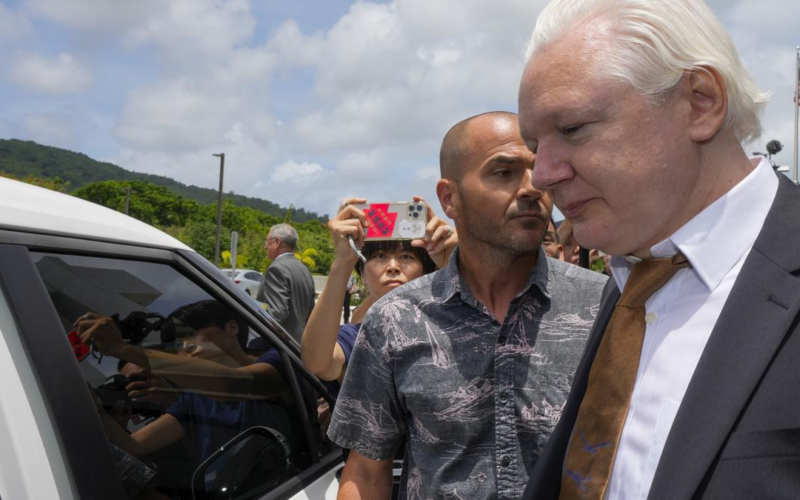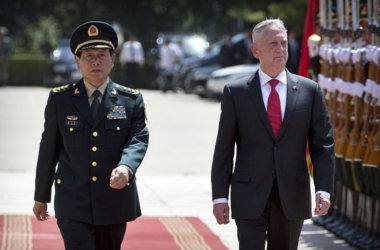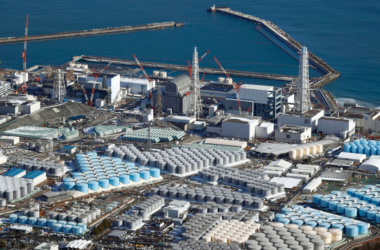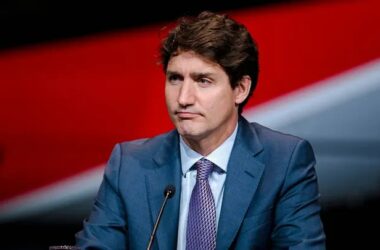Julian Assange, the founder of WikiLeaks, walked free on Wednesday after reaching a plea deal with U.S. authorities.
Assange pleaded guilty in a U.S. court in Saipan, the largest island of the Northern Mariana Islands, to a felony charge related to the publication of U.S. military secrets. According to court documents, he admitted to one count of conspiracy to obtain and communicate documents, writings, and notes linked to U.S. national defense.
The plea agreement obligates the U.S. to drop its extradition request and recommended that Assange be sentenced to time already served. There were no additional fines imposed.
Barry Pollack, Assange’s U.S. attorney, expressed concerns about the implications for journalism, stating, “The chilling effect is the United States pursuing journalism as a crime.” Pollack emphasized that Assange’s actions violated the Espionage Act, despite Assange’s belief in First Amendment protections.
Assange acknowledged having accepted and disclosed documents from Chelsea Manning, an Army intelligence analyst. The Espionage Act, enacted during World War I, governs the handling of information sensitive to U.S. national defense and does not provide a First Amendment defense, Pollack explained.
WikiLeaks announced on social media that Assange is scheduled to return to his native Australia. Australian Prime Minister Anthony Albanese has been advocating for Assange’s return, emphasizing in Parliament that his prolonged legal ordeal serves no purpose and has advocated for a swift resolution.
“Regardless of the views that people have about Mr. Assange’s activities, the case has dragged on for too long. There’s nothing to be gained by his continued incarceration, and we want him brought home to Australia,” Albanese said.
In a dramatic conclusion to his 12-year legal battle with the U.S., Assange was released from London’s Belmarsh Prison on Monday. He then boarded a private jet bound for Saipan, with a brief stopover in Bangkok for refueling. His wife, Stella Assange, noted that he was not allowed to travel on commercial airlines or routes.
Assange’s fight against extradition has spanned more than a decade, including seven years of self-exile in the Ecuadorian embassy in London and five years in Belmarsh Prison. He faced 18 charges in the U.S., including 17 under the Espionage Act and one under the Computer Fraud and Abuse Act, with a potential sentence of up to 175 years.
WikiLeaks first gained global attention in 2010 by releasing a video of a 2007 U.S. helicopter attack in Baghdad that killed two Reuters journalists and several others. This was followed by the release of hundreds of thousands of classified documents, leading to significant embarrassment for the U.S. government.
Assange’s return to Australia marks a significant chapter in a contentious and protracted legal saga.








